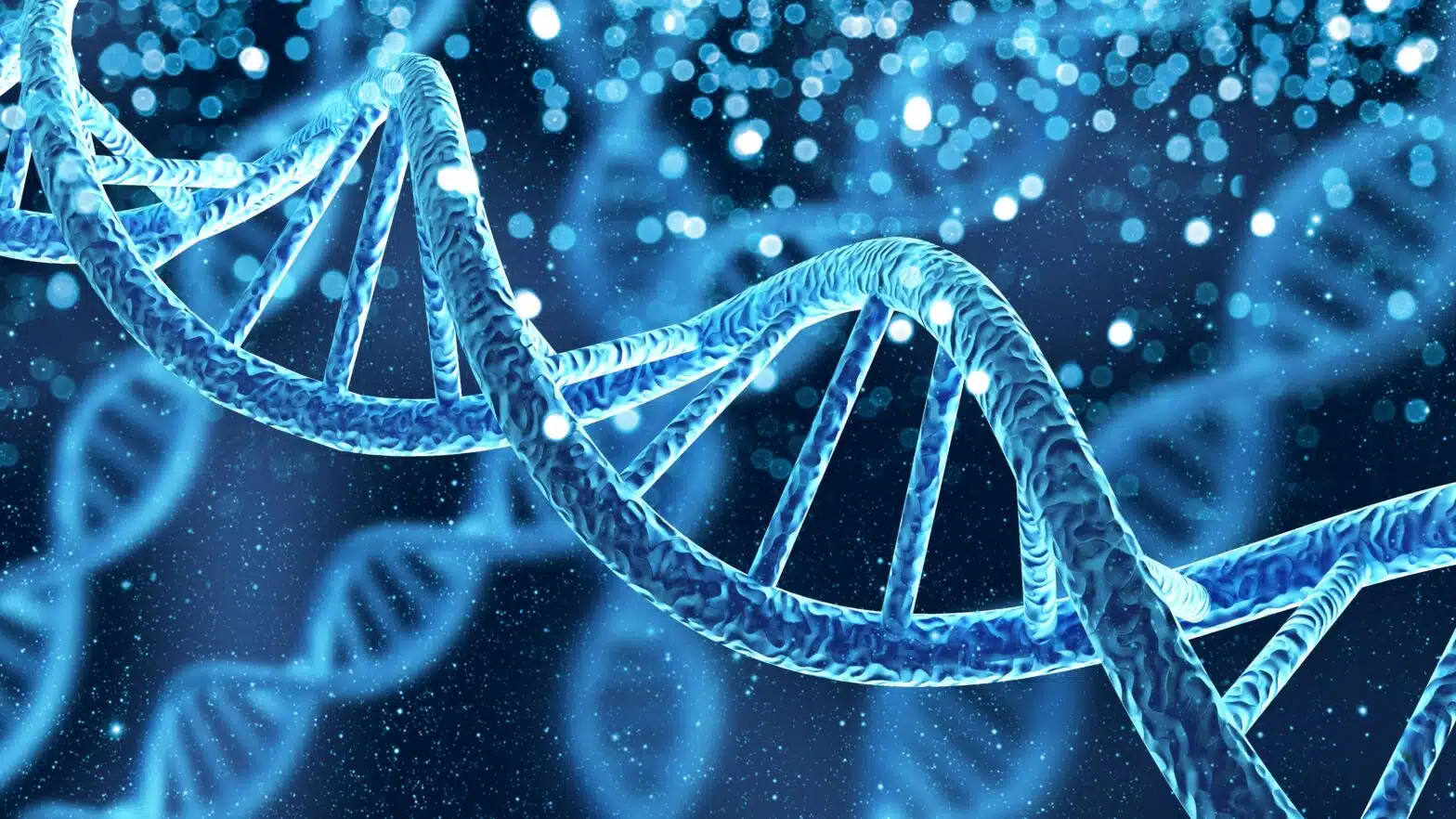The Genetic Component Of Mental Illness
Evidence suggests that genetic factors can increase the risk that someone will develop particular mental health conditions. However, a genetic predisposition does not mean that someone will develop a mental illness, as environmental and situational factors are equally important.

Mental health disorders are complex health conditions without a singular cause.
While environmental and situational factors are crucial to understanding mental health, there are genetic factors that can increase a person’s risk of developing a specific mental illness.
The Role Of Genetics In Mental Health
Our genetics are the foundation of our physiology with the ability to impact the structure and function of the brain.
There are a litany of genetic factors that can cause slight deviations in the structure of the brain as well as the production of various neurotransmitters.
These physical and chemical differences can make a person have an increased risk of developing certain mental health disorders when their experiences combine with genetic factors trigger mental illness.
Mental Health Disorders With A Significant Genetic Component
While most mental health conditions have a genetic component, there are a handful of mental health disorders that almost never occur without a family history of the condition.
The most common genetic disorders that affect mental health are bipolar disorder and schizophrenia.
Similarly, developmental disorders like attention deficit/hyperactivity disorder (ADHD) and autism are both found almost exclusively among family members, especially first-degree relatives.
Research in neuroscience does suggest that heritability is a significant factor for anxiety disorders, major depression, and substance abuse disorders, but environmental factors appear to be equally important.
Genetic Risk Factors That Affect Mental Health
A relatively recent study that examined the genomes of 60,000 people from 19 different countries indicates that five major psychiatric disorders share some genetic markers.
The disorders that share genetic markers are:
- autism spectrum disorder (ASD)
- attention deficit/hyperactivity disorder (ADHD)
- major depressive disorder
- bipolar disorder
- schizophrenia
Of the 60,000 participants, more than 33,000 were diagnosed with one of these five disorders, while nearly 28,000 acted as a control group that allowed scientists the ability to compare.
Genetic testing found genetic variations in two specific genes among those with these five disorders.
The genes affected are CACNA1C and CACNB2. The disruption of the first is tied to bipolar disorder and schizophrenia while a variant of the second reduces effective calcium flow in the brain.
Other genetic factors affect the production of neurotransmitters like dopamine, norepinephrine, and gamma-aminobutyric acid (GABA), which help to regulate mood, attention, and cognitive function.
Environmental Factors That Increase The Risk Of Mental Illness
Environmental factors are vital to understanding how mental illness develops and how interventions can be used to prevent and treat serious mental illness.
Common environmental factors that contribute to mental illness are:
- poverty
- stress
- trauma
- abuse
- parental substance abuse
- substance use
- sleep deprivation
- dysfunctional family dynamics
Essentially, any factor that increases stress or damages a person’s support system has the potential to increase the risk of mental illness.
Learn About Treatment For Co-Occurring Mental Health Disorders
Substance abuse disorders are common among people who are living with mental health disorders. If you or a loved one requires co-occurring disorder treatment, contact Spring Hill to learn more.
- American Psychological Association (APA) https://www.apa.org/monitor/2013/05/disorders
- National Institutes Of Health (NIH) https://www.nih.gov/news-events/nih-research-matters/common-genetic-factors-found-5-mental-disorders
- National Institute Of Mental Health (NIMH) https://www.nimh.nih.gov/health/publications/looking-at-my-genes
- The British Broadcasting Company (BBC): Science Focus https://www.sciencefocus.com/the-human-body/genes-mental-health

